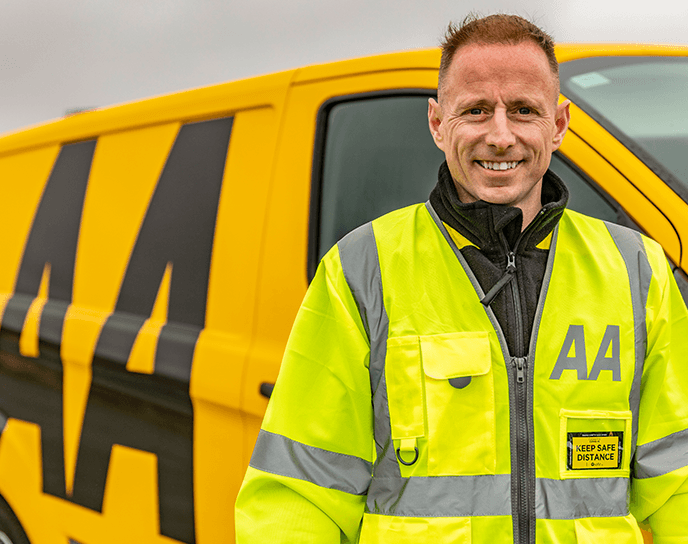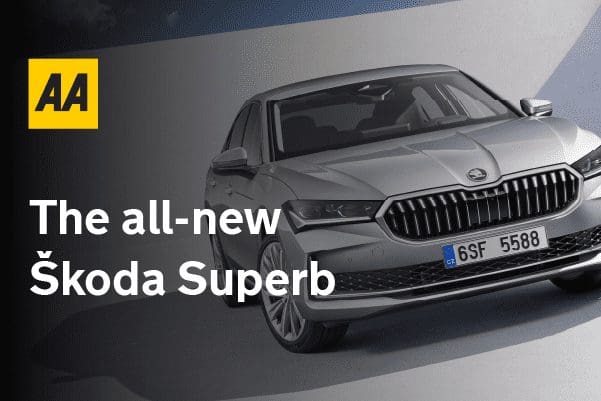While the overall number of electric vans on Irish roads remains small, recent years have seen a growing interest in the idea of planet-friendly work vans. Whether you’re someone likely to make the switch or just curious about this emerging technology, there are some factors to weight up before you go electric. To help you decide whether an electric van could be right for you, the AA Ireland Van Insurance team have weighted up some of the pros and cons.
Pros of Electric Vans
- Financial Assistance: In order to help people who may be considering going electric, a number of grants are available. Firstly, you may be eligible for a purchase grant of up to €3,800, as well as VRT relief of anywhere up to €5,000. If you go one step further and choose to install a fast-charge point in your home or place of work, you may also be eligible for an additional grant of €600.
- Cut Down Running Costs: Most vans in Ireland are diesel-powered, but on a cost-per-mile basis electric vans are significantly cheaper to run. According to the ESB’s calculator, an electric vehicle with a 5.5l engine would spend €3.71 on running costs per 100km. This compares to a cost of €6.52 per 100km for an equivalent diesel-powered vehicle. While you need to bear in mind that the ESB’s calculator is for cars as opposed to vans, going electric may help lower your weekly running costs…
- Improved Performance… And Improving Further: In a short space of time, electric vans have improved significantly and further improvements can only be expected in the future. Particularly for those driving primarily in urban areas, electric vans are more capable of generating instant torque, which allows for smoother acceleration and gear changes, making getting form job to job much easier.
Potential Cons of Electric Vans
- Range Anxiety: One of the big drawbacks where electric vehicles are concerned, they are still not capable of travelling as far on a single charger as a diesel van could travel on a full tank. While the technology is continually improving, for now electric vans remain more suited to those working primarily in urban areas.
- Charging Time Vs. A Fill-up: While charging points are becoming more readily available in Ireland, even the fastest charging units would take on average 30 minutes to bring an electric car to 80% power and longer where a van is concerned. While this is less of a concern if you’re primarily driving short distances and likely to mostly charge your van at home, if you cover greater distances during your working day then electric may not be for you just yet.
- Weight: One of the main drawbacks with electric vans is the size and weight of the battery required to power them. While a traditional van will normally have a payload limit of 3,500kg, due to the space taken up by the battery an electric van will likely only have a payload limit of 2,500kg.
Is An Electric Van Right For You?
If you’re considering a switch away from your diesel van, then you need to weigh up the above pros and cons carefully. An electric van may be a viable option for you if any of the following apply to you:
- You’re based in an urban area and most of your work is carried out in the city
- You generally don’t cover more than approximately 130km on a daily basis. For example, you primarily work on a site close to your home
- The load than you carry in your van does not exceed 2,500kg
If you are considering a switch, it’s also important to consider the insurance costs for your van. Before you buy any vehicle, it can be a good idea to shop around and compare van insurance quotes to ensure that your new van is within your budget.









